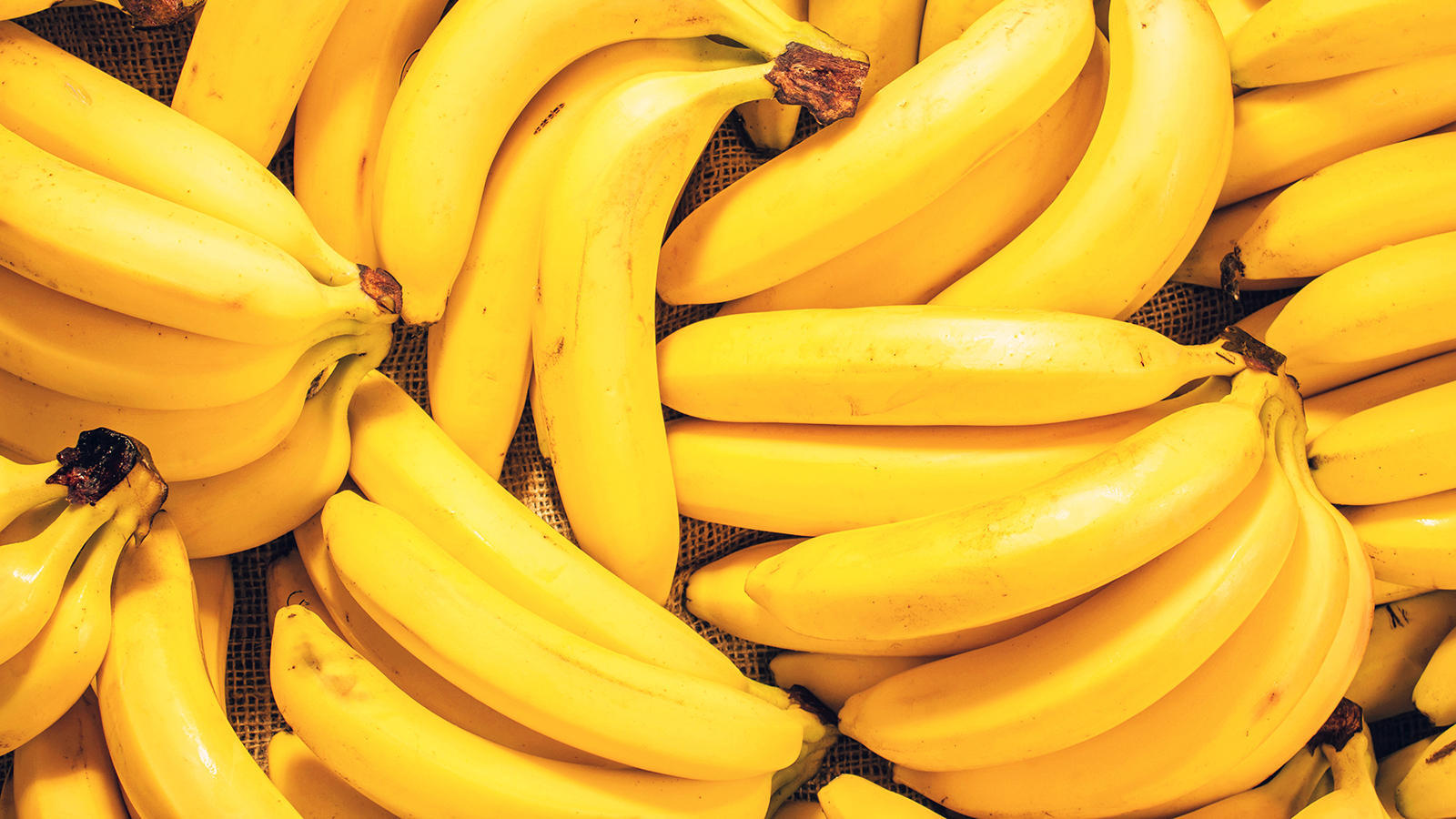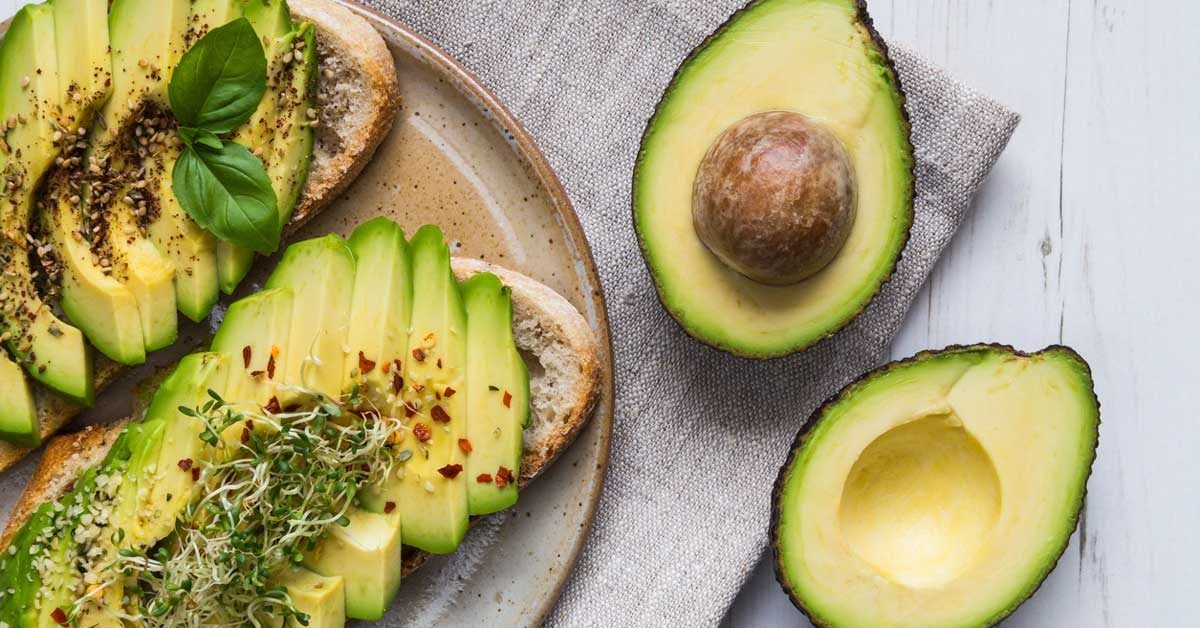Can I eat fruit for fitness?
Fruits are a good source of nutrition for us, but for many friends who are insisting on fitness, they still worry that eating fruits will affect the effect of fitness. So can you eat fruit for fitness? Let's take a look!
Fruits are a good source of nutrition for us, but for many friends who are insisting on fitness, they still worry that eating fruits will affect the effect of fitness. So can you eat fruit for fitness? Let's take a look!
Regardless of whether you are working out or not, eating more fruits appropriately is a very good healthy eating habit, which can supplement us with a variety of vitamins and minerals. Of course, if you are during fitness, eating more fruits will make your fitness effect better.
banana
Bananas are rich in resistant starch. Resistant starch refers to the starch that is slowly digested in the body, can maintain blood sugar balance and reduce hunger. It is somewhat similar to water-soluble cellulose in nature and has a certain slimming effect. Generally found in some natural foods, such as corn, potatoes, rice, etc., and bananas happen to be rich in resistant starch. Sweating crazily during exercise, it is very easy to lose electrolytes such as sodium and potassium, resulting in decreased muscle contractility and fatigue. Bananas are rich in electrolytes. Eating bananas after fitness can relieve fatigue well.
pineapple
Pineapple is rich in fruit acids that can help the body recover and relieve muscle fatigue caused by fitness. In addition, pineapple contains pineapple enzyme substances, which can eliminate inflammation or edema caused by exercise.
apple
Apples are rich in vitamins that can replenish the water and vitamins lost in fitness exercises, and apples can provide polyphenols that can enhance muscle strength.
Avocado
Avocado contains a variety of nutrients needed by the human body, and the protein it contains is a good fruit to help muscle growth for people who build muscle.
Ingesting a small amount of protein after training can help repair damaged muscles, reduce muscle pain, and help athletes with insufficient carbohydrate intake to replenish glycogen reserves.
For a person weighing 150 pounds, if you want to recover quickly after training, the recommended carbohydrate intake is to consume 300 kcal of carbohydrates every two hours for 4-6 hours .
The ideal protein intake is 15-30 grams immediately after training (you can even consume protein during training). Specifically, it is 0.5 grams of carbohydrates and 0.1 to 0.2 grams of protein per pound of body weight.




Comments
Post a Comment